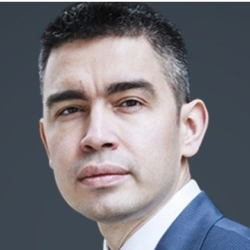Marcel Salikhov, Director of the Center for Economic Expertise at the Higher School of Economics, commented on the current disagreements within OPEC to the internet portal REGNUM.
The position taken by the UAE hinders the achievement of an agreement within the framework of OPEC +. The director of the Center for Economic Expertise of the Higher School of Economics, Marcel Salikhov, commented a REGNUM correspondent on the current disagreements within the cartel.
Thus, as Salikhov explained, since in the framework of OPEC + decisions are made by consensus, the position of the UAE prevents the achievement of an agreement.“The main sore point is the position of the UAE,” Salikhov said. - The current quota for oil production for the UAE (3.2 mbd) is set at the level of October 2018, as well as for other countries, except for Russia and Saudi Arabia. At the same time, the UAE has since invested in expanding its production capacity and its current capacity is around 4 mbd. Therefore, the UAE is not interested in extending the OPEC + agreement for 2022 with the current quotas, which put Russia and Saudi Arabia in a better position. Most likely, it would be unprincipled for Moscow and Riyadh to increase the quota for the UAE by several hundred thousand barrels per day, but then this would mean that the conditions for all other parties to the agreement should be changed, as this puts them in an unequal position".
“Most likely, the United States and other large importing countries (EU, China, India) will put pressure on OPEC + and individual countries, primarily Saudi Arabia, so that the countries of the agreement increase production as quickly as possible. The lack of agreements means that the increase in production since August is also questionable,” Salikhov said.

Subscribe for updates
and be the first to know about new publications